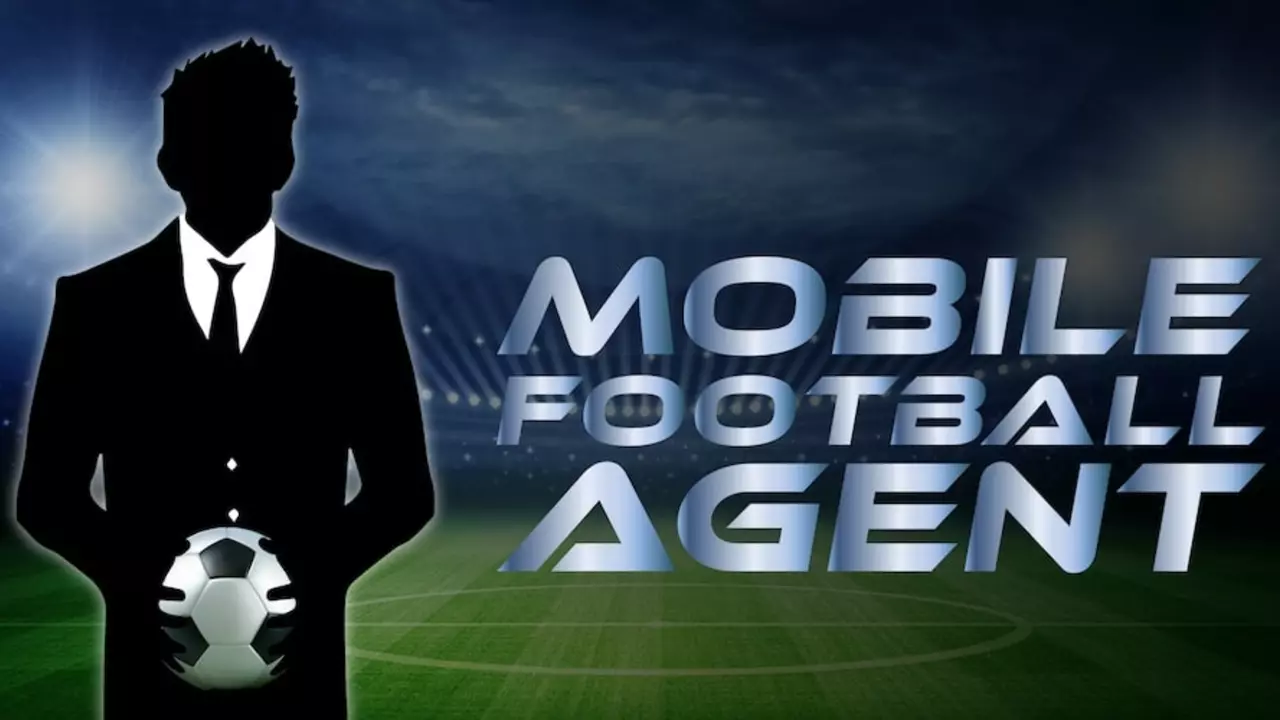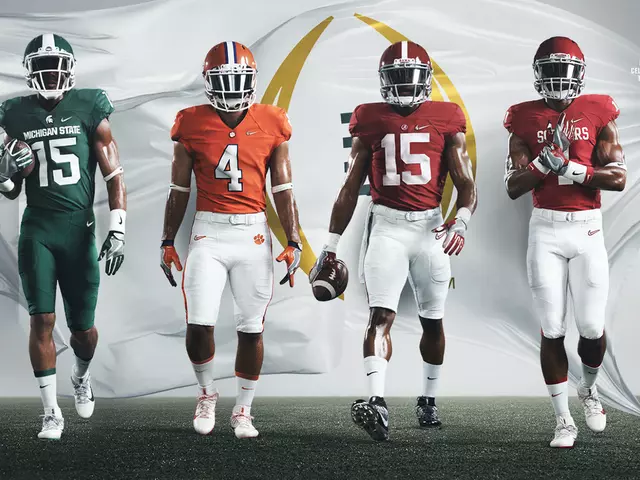Soccer Agents: What They Do and Why They Matter
If you've ever watched a big transfer headline, you probably saw a name like "agent" mentioned. But what does a soccer agent actually do? In plain terms, an agent is a licensed professional who represents players (and sometimes coaches) in negotiations with clubs, sponsors, and other parties. They handle contracts, manage image rights, and make sure their client gets the best deal possible.
Most fans think agents are just money‑hungry middlemen, but a good agent can be a career lifeline. They scout talent, advise on training and personal branding, and help players navigate the business side of football so the athlete can focus on the pitch. Without an agent, a young player could easily sign a contract that limits future earnings or ends up in a club that doesn't fit their style.
Finding the Right Agent
Choosing an agent is a bit like picking a manager for your own life. Players usually start looking for an agent when they break into a professional academy or sign their first senior contract. Here are three practical steps:
- Check credentials: In England and most UEFA nations, agents must hold a license from the national football association. A quick search on the FA’s website will confirm if the person is registered.
- Look at the track record: An agent who has placed players in top leagues or negotiated good endorsement deals shows they know the market.
- Ask about fees and services: Most agents charge 5‑10% of the player's contract value and a similar cut of endorsement money. Make sure you understand what you’re paying for – contract drafting, legal advice, marketing, or all of the above.
Never sign a blank agreement. A solid contract spells out the agent’s duties, the length of the relationship, and when either side can walk away. This protects both the player and the agent from future disputes.
How Agents Earn Money
Agent fees usually come from two sources: contract percentages and endorsement commissions. When a player signs a new club deal, the agent gets a slice of that amount – typically around 5 % of the salary or transfer fee. For example, if a winger moves for £20 million, the agent’s cut could be £1 million.
Endorsements work similarly. If an agent secures a shoe deal worth £500 000, they might take 10‑15 % of that. Some agents also earn bonuses for reaching performance targets, like a player scoring a certain number of goals.
Because the money is tied to the player’s success, a good agent will push for playing time, career‑advancing moves, and off‑field opportunities. They keep tabs on market trends, talk to club scouts, and use their network to create options for the player.
For aspiring footballers reading this, the takeaway is simple: a reliable agent can be worth the cost if they open doors you can't reach on your own. Look for transparent fees, a solid reputation, and a genuine interest in your growth. And remember, the best agents don’t just chase commissions – they build long‑term partnerships that help you thrive on and off the field.



